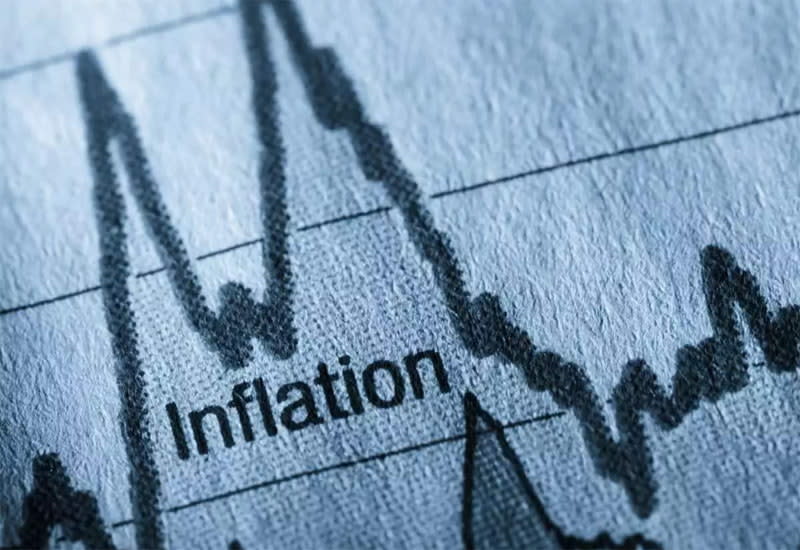In a surprising turn of events, Ghana’s inflation rate dropped more than anticipated to a 14-month low of 35.2% in October, down from the 38.1% recorded in September 2023. This unexpected decline is seen as a positive development for the cocoa-producing country, currently grappling with its most severe economic crisis in a generation. Ghana is actively engaged in discussions with both bilateral and commercial creditors to restructure its debts.
Government Statistician Samuel Kobina Annim announced the annual inflation drop from 38.1% to 35.2% in Accra on Tuesday. The decision to release the data a day earlier than usual was made to align with Finance Minister Ken Ofori-Atta’s announcement of the 2024 budget, scheduled for the following day.
This early release offers the central bank more flexibility to maintain unchanged borrowing costs during its upcoming monetary policy committee meeting later this month.
Food Inflation and Economic Implications
The faster-than-expected deceleration in inflation was primarily driven by a reduction in food prices, surpassing the median estimate of seven economists in a Bloomberg survey, which projected a rate of 36.3%. Food inflation moderated to 44.8% from September’s 49.4%, while non-food price growth stood at 27.7%, down from 29.3% the previous month. Overall prices experienced a 0.6% increase in the month.
The inflation slowdown, coupled with the anticipated additional funding from an International Monetary Fund (IMF) bailout package later this year, aimed at bolstering reserves and supporting the cedi, could influence the monetary policy committee to maintain borrowing costs at 30% for a second consecutive meeting. The committee is set to announce its decision on November 27.
The budget presented by Ofori-Atta is expected to outline the government’s efforts to fulfill the conditions of the $3 billion IMF program approved in May. This includes progress on an in-principle deal with bilateral lenders to restructure the nation’s debt and unlock additional funds. The economic landscape in Ghana is closely monitored as these developments unfold, offering insights into the nation’s path to economic recovery.


